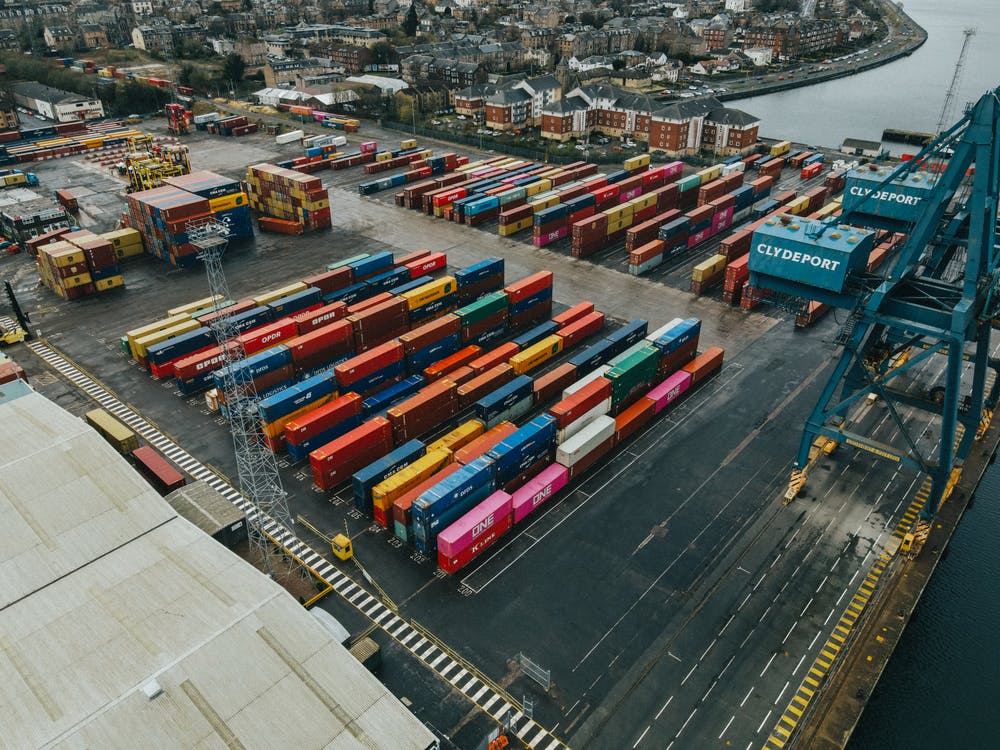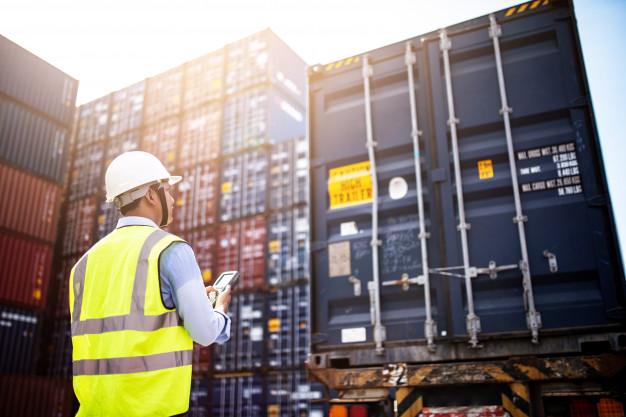6 Tips to Prevent Delays in Shipping During the Christmas Season
The Christmas season is often portrayed as the most wonderful time of the year, but for everyone involved in shipping, it is also the most active and most critical. In 2024 alone, industry analysts had anticipated to account over 60% of total retail sales during the season, a rise from the 55% in 2023. This has proved the boosting customer reliance on online platforms for holiday purchases, putting drastic strain on logistics systems.
With e-commerce booming and more consumers opting for online purchases, the need for reliable and timely delivery amplifies. Businesses rush to meet customer expectations, families send gifts across borders, and supply chains face immense pressure. If you’re not prepared, shipping delays can easily ruin your plans.
In the Philippines, peak shipping demand kicks in by mid-November and lasts until early January. During this time, freight forwarders, courier services, and even custom authorities are pushed to their limits. Yet, understanding how to handle this spike is key to sidestepping missed deadlines and unsatisfied customers.
How to Prevent Shipping Delays During Christmas?
If you’re running an online store or simply shipping gifts abroad, a few smart strategies can help you stay ahead of the holiday chaos. Here are some simple yet practical strategies in shipping during the Christmas season:
1. Plan and Ship Ahead for the Holiday Season
Timing your shipments accurately is one of the most usable ways to dodge delays. Sending parcels early gives you a buffer for any issues like customs clearance, traffic, or bad weather. For businesses, conveying realistic cutoff dates with your customers ensures both parties are aligned on expectations.
Further, planning and shipping ahead of the occupied holiday season lets you to avoid spending express services later on, which could be costly during the peak period. Whether you’re employing local or international freight forwarding, early planning is your best defense against disruption, helping logistics partners design and process shipments more efficiently.
2. Work with a Dependable Logistics Provider
A professional freight forwarder can make the shipping process far streamlined during active seasons like Christmas. They manage everything from documentation and customs clearance to carrier coordination. When volume increases in December, partnering with a steadfast provider who’s familiar with the ins and outs of local and international logistics become essential.
Also, they help reduce the likelihood of errors that may cause delays, such as mistaken paperwork, poorly designed routes and schedules, or supply chain issues. They can consolidate your goods and optimize delivery timelines, allowing you save both time and money.
3. Utilize Real-Time Tracking
Real-time tracking is a necessity during the holiday rush. Many modern logistics company in the Philippines offer shipment tracking platforms that allow you to monitor your parcel every step of the way. This visibility gives you the power to act quickly if delays occur.
If you detect a shipment is held at customs or delayed at a port, you can notify your consumers in advance and manage their expectations. Tracking tools also help you better coordinate with your logistics partners, making the procedure smoother and more transparent on all ends.
4. Ensure Proper Packaging and Labeling
Proper packaging is vital, especially when sending fragile items or sending goods internationally. Carriers are more likely to postpone or reject parcels that are improperly sealed. Therefore, use strong, standard-sized boxes, secure your items well, and avoid excessive bulk that could increase shipping fees.
More so, put clear and correct labels to lower the risk of misrouted shipments, something that becomes more expected when sorting centers are overwhelmed. For global freight forwarding, make sure your labels meet destination country requirements to deter custom hold-ups.
5. Prepare Complete Shipping Documents
Incomplete and inaccurate documents are one of the leading causes of shipping delays, especially for international shipping. Double-check all paperwork, including commercial invoices, packing lists, and customs declarations.
Also, if you’re unfamiliar with documentation needs, working with a customs broker can make a huge difference. They’ll help you prevent typical mistakes and guarantee smooth operations through customs, which is important when holiday freight is under stricter inspections.
6. Communicate Proactively with Customers or Partners
Transparent communication makes trust, especially during high-pressure seasons. If you’re a retailer, inform your customers about holiday shipping deadlines, possible delays, and order tracking options. This helps establish realistic expectations and eases customer service issues.
You may keep your partners updated on shipment statuses and any potential disruptions. Timely updates allow others in your supply chain to modify their operations accordingly. Proactive communication assures that delays, if they occur, don’t lead to more significant problems.
Conclusion
Christmas season doesn’t have to mean missed deadlines or frustrated consumers. With the right planning and a reliable logistics team, you can function in holiday rush with confidence. You can certainly deter costly delays, guarantee smoother deliveries, and give your customers the service they deserve.
Excelsior Philippines is a trusted name in the logistics industry, offering end-to-end solutions in freight forwarding, breakbulk shipping, customs brokerage services, and international shipping. As a leading logistics company in the Philippines, Excelsior helps businesses of all sizes in streamlining shipping operations, navigating requirements, and efficient deliveries on time.
Read more:








